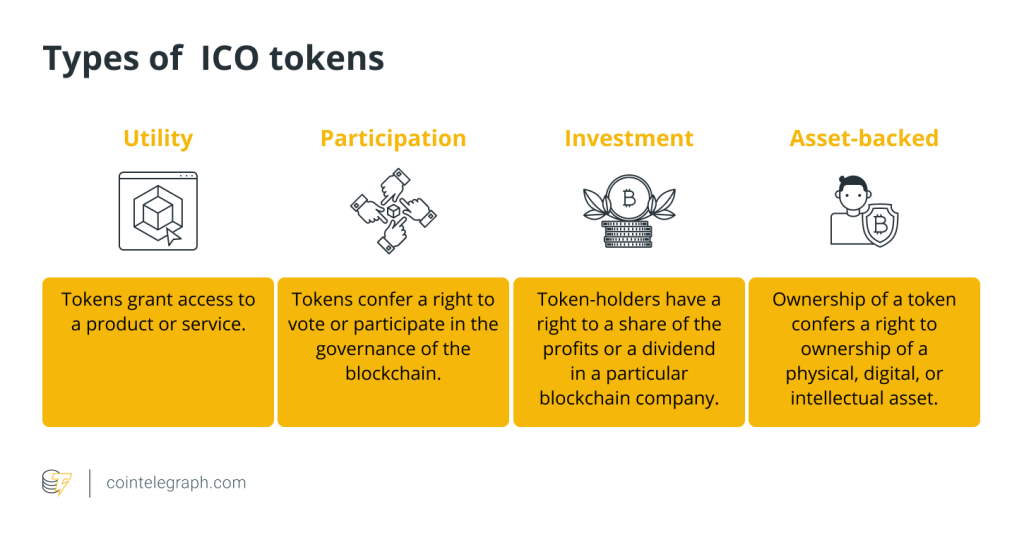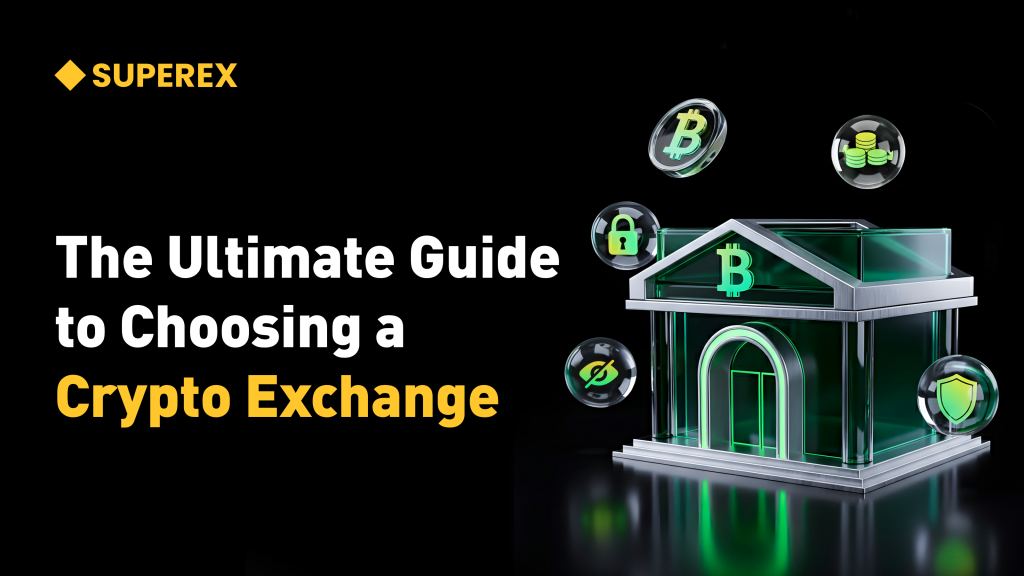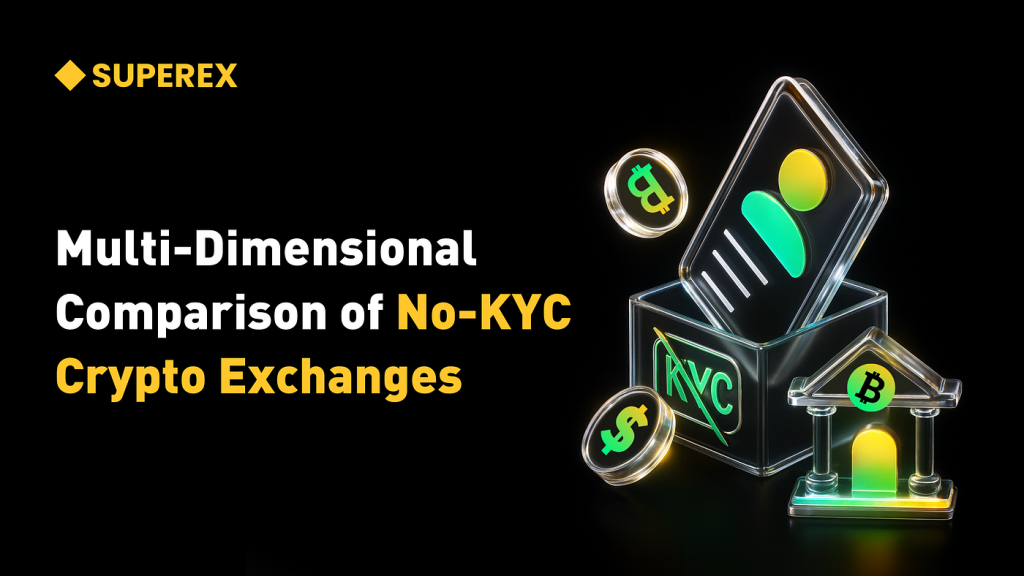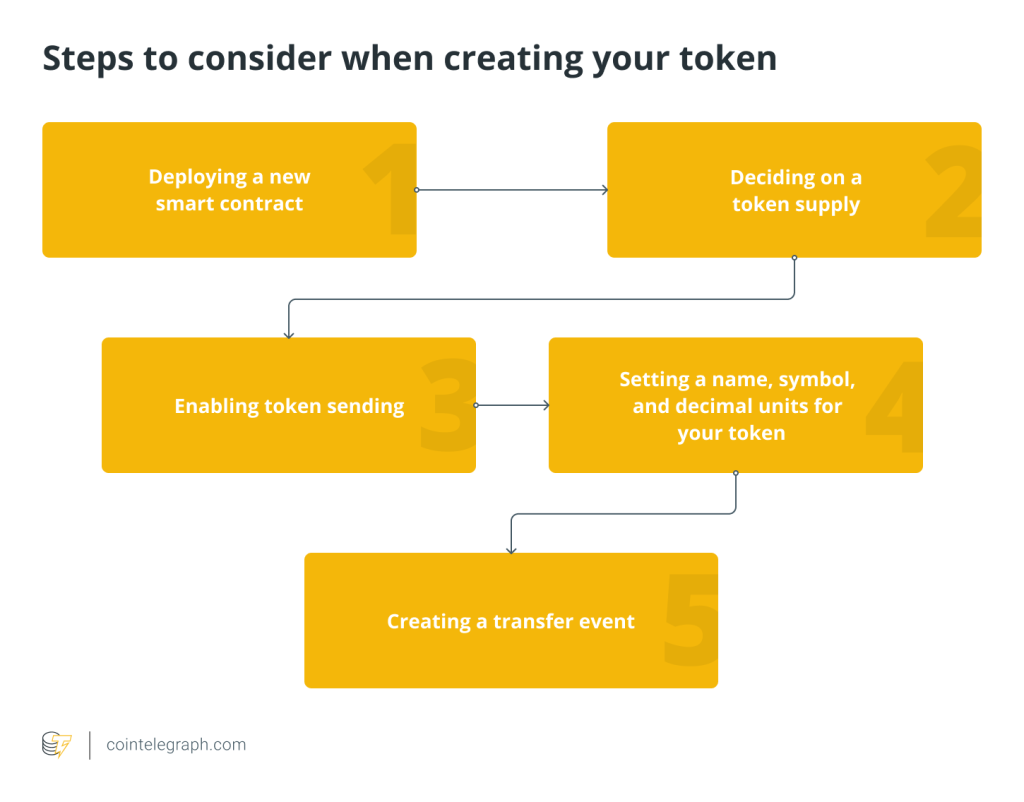What is KYC, and why do crypto exchanges require it?


What is KYC in crypto?
Know Your Customer, popularly known as KYC, is a set of procedures financial institutions implement to corroborate a customer’s identity. KYC is the first stage in due diligence in Anti-Money Laundering (AML), and it helps financial institutions to determine the risk level associated with a customer.
Cryptocurrency exchanges also require KYC to comply with AML regulations. By verifying their customers’ identities, exchanges can help prevent criminal activity like money laundering and the financing of terrorism.
Money laundering refers to the concealment of the origins of illegally obtained money. Terrorist financing, on the other hand, is the act of providing financial support to terrorist organizations. Both activities are highly illegal and can pose a severe threat to global security.
Exchange customers may be required to submit additional documentation to verify their identity to comply with KYC regulations. A customer can only set up an account and begin trading once an exchange has verified their identity.
Can you trade crypto without a KYC?
There are still several exchanges that do not require KYC, although they are far and few between due to strict AML regulations. However, crypto users who are extremely protective of their privacy continue to seek out non-KYCt exchanges despite the associated risks.
There are several risks associated with trading on a non-KYC exchange, including:
-
Security: Non-KYC exchanges are often less secure than KYC exchanges as they have weaker AML procedures, which makes them more vulnerable to hacks as well as fraud and other criminal activity.
-
Liquidity: Non-KYC exchanges often have lower liquidity than KYC exchanges, as they are smaller and cater to a smaller customer base, which can make it difficult to find buyers or sellers when you want to trade, resulting in higher fees.
-
Fees: Non-KYC exchanges often charge higher fees than KYC exchanges as they have to offset the risk of fraud and other criminal activity.
So, while it’s possible to trade crypto without KYC, it’s generally not recommended. When using an exchange that does not require KYC, it is important to take extra steps to protect one’s identity and personal information.
How does KYC work?
Cryptocurrency exchanges must collect certain identifying information from their customers to comply with Anti-Money Laundering (AML) regulations. Listed below are the steps generally involved in the KYC process:
Benefits of crypto KYC
Regardless of operational challenges associated with KYC laws, cryptocurrency exchanges stand to benefit greatly from regulatory compliance, including:
Reduced legal risk
By conducting KYC due diligence, businesses can reduce the chance of legal disputes or regulatory fines. Implementing strong KYC procedures allows cryptocurrency exchanges to stay ahead of the curve as legal requirements change.
Rather than attempting to comply with new legislation, they can focus on increasing conversion rates, simplifying transactions, and assuring compliance as international norms change.
Increased customer trust
Users are more inclined to continue using a service if they are confident the cryptocurrency exchange proactively takes preventative measures to safeguard their accounts. Ultimately, it’s in the best interests of consumers and businesses to verify users’ identities.
Increased market stability
The cryptocurrency market can be highly volatile and unpredictable due to pseudonymous transactions that are usually deemed unsafe. KYC programs that include enhanced identification verification help maintain the market’s overall stability and build confidence among investors.
Reputational damage control
If a hack or data breach occurs, KYC-compliant exchanges are in a better position to prevent fraud and defend their reputations. Exchanges implementing KYC can quickly take action to freeze or close accounts that may be linked to criminal activity.
Reduced risk of scams and money laundering
This one’s a no-brainer, but if you look at the numbers, it’s easy to understand why KYC compliance is so important for cryptocurrency exchanges. In 2021, $8.6 billion worth of cryptocurrency was laundered, which pinpoints the importance of compliance in the industry.
Importance of KYC for crypto exchanges
Bitcoin and other blockchain-based cryptocurrencies are not regulated by governments or central banks, allowing users to spend money quickly and securely with minimal fees. As such, transactions between people are typically instantaneous and anonymous, taking place on the blockchains of the currencies in question.
The very nature of cryptocurrency, namely its rapidity and anonymity, provides a tempting alternative for criminals attempting to avoid conventional AML restrictions. To launder money, criminals need to find a way to convert “dirty” money into cryptocurrency and then cash out when they’re done. This makes cryptocurrency exchanges ideal places for criminals to launder their money.
The importance of KYC compliance for cryptocurrency exchanges cannot be understated. Not only does it help to build confidence among investors, but it also reduces the risk of scams and money laundering.
Are there any crypto exchanges without KYC?
Some people believe that mandating KYC goes against the decentralized nature of cryptocurrency. They argue that exchanges should not request users for personal information or documents. Many believe keeping their information hidden from authorities is important, especially in countries with oppressive regimes.
There are other reasons why some may want to avoid KYC. For example, if someone owes money to creditors, providing their personal information to a cryptocurrency exchange increases their risk of having their assets seized.Without this information, the creditors will simply lose money and asset seizure becomes less of a risk. Finally, some people simply value their privacy and don’t want to share their information with anyone, for any reason whatsoever.
Some of the most common non-KYC options are PancakeSwap, UniSwap V3 and dYdX Exchange. It’s important to note that even though these exchanges don’t require KYC, users may still be asked to provide personal information when they want to withdraw their funds. This is because most fiat-to-crypto exchanges will require some form of identity verification before allowing users to buy or sell cryptocurrencies.
Can you buy crypto without KYC?
Yes, there are several ways to buy crypto without KYC. For example, you can use peer-to-peer exchanges like LocalBitcoins or Paxful. You can also use an automated teller machine (ATM) to buy crypto with cash. Crypto ATMs are like regular ATMs, but they cater to crypto transactions.
Finally, you can use a service like ShapeShift or Changelly to convert one cryptocurrency into another without having to go through a traditional exchange. These services are often called decentralized exchanges because they don’t require personal information from users.
Some services, like Changelly, have a combination of non-KYC and KYC options. For instance, users hoping to transact larger amounts will only be allowed to do so if they go through the KYC process.
Do crypto wallets need KYC compliance?
No, crypto wallets do not need to be KYC compliant. In fact, most wallets are non-custodial, meaning they do not hold users’ private keys, i.e., users are in complete control of their funds and don’t have to trust a third party with their information.
However, crypto wallets associated with exchanges typically follow the same KYC guidelines as the exchanges themselves. Several non-custodial wallets do not require any personal information from users. These include popular options like MetaMask, MyEtherWallet and Trust Wallet. Additionally, some hardware wallets like Ledger and Trezor don’t require KYC. These devices store users’ private keys offline, providing an extra layer of security.
Is KYC safe in crypto?
The KYC process is designed to prevent financial crimes like money laundering and terrorist financing. By requiring users to submit personal information, exchanges can weed out the bad actors and keep their platforms safe. However, the KYC process has its drawbacks. For example, it can be time-consuming and frustrating for users. Additionally, there’s always the risk that hackers will steal user information from exchanges.
Overall, the KYC process is generally seen as a necessary evil by the cryptocurrency community. It’s not perfect, but it’s one of the ideal ways to keep exchanges safe from fraud and crime.
Text, head image and graphic are protected by SharpShark.






… [Trackback]
[…] Read More on to that Topic: x.superex.com/academys/beginner/3174/ […]
… [Trackback]
[…] Information on that Topic: x.superex.com/academys/beginner/3174/ […]
… [Trackback]
[…] Read More on that Topic: x.superex.com/academys/beginner/3174/ […]
… [Trackback]
[…] Information to that Topic: x.superex.com/academys/beginner/3174/ […]
… [Trackback]
[…] Find More Info here on that Topic: x.superex.com/academys/beginner/3174/ […]
… [Trackback]
[…] Read More Information here on that Topic: x.superex.com/academys/beginner/3174/ […]
… [Trackback]
[…] Read More on to that Topic: x.superex.com/academys/beginner/3174/ […]
… [Trackback]
[…] Read More Info here on that Topic: x.superex.com/academys/beginner/3174/ […]
… [Trackback]
[…] Find More on that Topic: x.superex.com/academys/beginner/3174/ […]
… [Trackback]
[…] Information on that Topic: x.superex.com/academys/beginner/3174/ […]
… [Trackback]
[…] There you can find 59269 more Info on that Topic: x.superex.com/academys/beginner/3174/ […]
… [Trackback]
[…] Find More on on that Topic: x.superex.com/academys/beginner/3174/ […]
… [Trackback]
[…] Find More Information here to that Topic: x.superex.com/academys/beginner/3174/ […]
… [Trackback]
[…] Read More here to that Topic: x.superex.com/academys/beginner/3174/ […]
… [Trackback]
[…] Read More Information here to that Topic: x.superex.com/academys/beginner/3174/ […]
… [Trackback]
[…] Find More on that Topic: x.superex.com/academys/beginner/3174/ […]
… [Trackback]
[…] Here you will find 60303 additional Information on that Topic: x.superex.com/academys/beginner/3174/ […]
… [Trackback]
[…] Find More Information here on that Topic: x.superex.com/academys/beginner/3174/ […]
… [Trackback]
[…] Information on that Topic: x.superex.com/academys/beginner/3174/ […]
… [Trackback]
[…] Information to that Topic: x.superex.com/academys/beginner/3174/ […]
… [Trackback]
[…] Read More to that Topic: x.superex.com/academys/beginner/3174/ […]
… [Trackback]
[…] Find More on that Topic: x.superex.com/academys/beginner/3174/ […]
… [Trackback]
[…] Find More on that Topic: x.superex.com/academys/beginner/3174/ […]
… [Trackback]
[…] Here you will find 55027 additional Information on that Topic: x.superex.com/academys/beginner/3174/ […]
… [Trackback]
[…] Information on that Topic: x.superex.com/academys/beginner/3174/ […]
… [Trackback]
[…] Here you can find 52092 additional Information on that Topic: x.superex.com/academys/beginner/3174/ […]
… [Trackback]
[…] Find More Info here to that Topic: x.superex.com/academys/beginner/3174/ […]
… [Trackback]
[…] Info on that Topic: x.superex.com/academys/beginner/3174/ […]